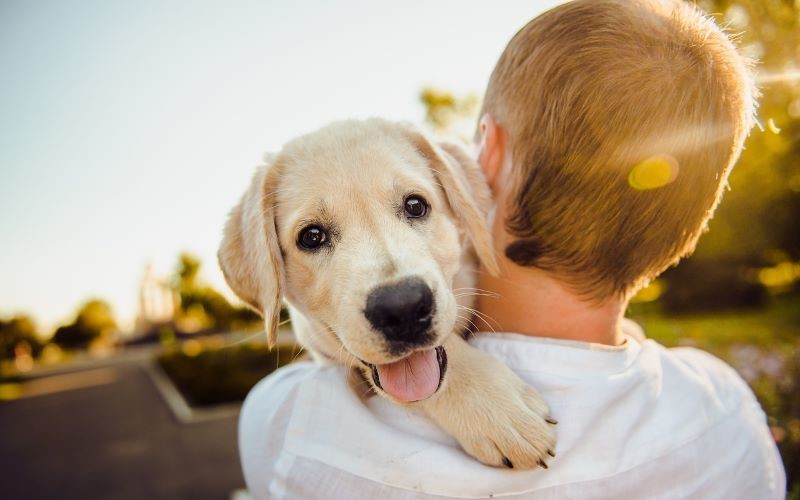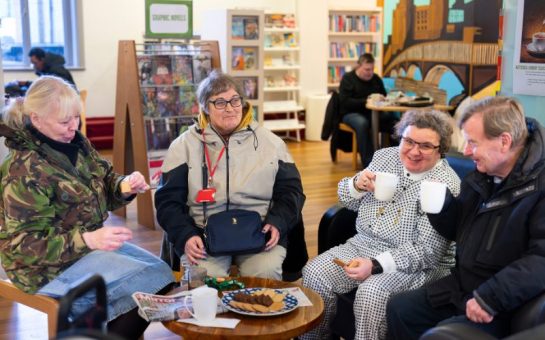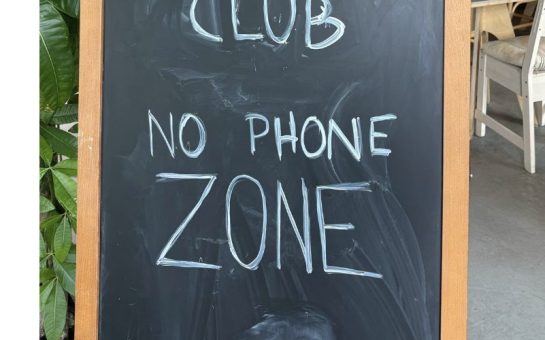Following the post-pandemic pet-acquisition boom, Gen Z and Millennials are more than twice as likely give up their pets amidst the cost of living crisis.
Relinquishment of pets was much higher among younger owners, particularly 16-24 year olds, where it stood at an overall 28%.
This contrasts the 13% of UK households admitting to having relinquished their pets in 2022.
23% of young pet owners agree they underestimated the cost of owning a pet.
Natalie Powdrill-Wells from Woodgreen Pets Charity said: “Younger owners are also often just starting out at the beginning of their careers and are therefore potentially more sensitive to the financial pressures of the cost of-living.”
In 2022, 47% of owners relinquished a dog and 36% percent relinquished a cat.
Meanwhile 12% of owners gave up an indoor bird, 8% of owners gave up a rabbit, 6% of owners gave up a guinea pig, and 7% of owners gave up another pet.
Making changes to pet care routine is often the last resort for many, as around 20% of owners have made cuts on pet insurance, vet visits, and pet food.
This rises to over a quarter amongst the younger demographic, with 28% of 25-34 year olds making cuts to food expenses.
This demographic also sees 29% of 16-24 year olds making cuts to veterinary costs and 28% of 16-24 year olds cutting their pet insurance spend.
During the pandemic, 3.2 million UK households acquired a new pet.
According Pet Food UK’s 2023 report, this increased pet ownership was significantly driven by Gen Z and Millennials, with 59% of the new owners aged 16-34.
Since then, however, dog and cat ownership has been and continues to be hit by the cost of living crisis, with a 5% decrease in the proportion of households owning a pet from 2022-2023.
Powdrill-Wells said: “Whilst the majority of pet owners are still enjoying happy and rewarding relationships with their pets, sadly there are others who have struggled since the pandemic.
“This might be due to their pet’s behaviour, or due to issues with the costs of caring for their pets as we emerged from the pandemic into the cost-of-living crisis.”
Three years on from the pandemic and cost of living at an all-time high, pet ownership in the UK is on the decline
Both dog and cat populations have decreased by around 6% from 2022, while the small pet population (rabbit, guinea pigs, hamsters) is on the rise.
Smaller pets appear to be easier to manage and less expensive, with many charities attributing this increase to the current cost of living.
Nicole Paley from Pet Food UK said: “We are keen to reiterate that although pets bring huge joy to a household, they also come with a huge responsibility.
“It is so important to understand the care and cost implications – whatever the size of your pet.”
Smaller pets require the same level of care as more traditional pets and can have complex needs, when they become unwell veterinary costs can be similar to those of cats and dogs.
Paley also said: “Our colleagues in the rehoming sector have seen more people abandoning their pets and more animals coming into their care.
“Rehoming is slow as financial pressures bite.”
Woodgreen has experienced a staggering 138% increase in the number of people needing dogs to go into their care and 108% increase for cats.
There are many contributing factors for these figures, however the number of people citing financial reasons has increased by 253%.
Powdrill-Wells said: “We are seeing an increase in requests to help emergency cases where medical treatment is urgently required but the owners were unable to afford it.
“In several cases the condition has become more severe than it otherwise could have been if treatment had been sought earlier, often due to cost concerns and hoping it would resolve itself.
“We’re also hearing that owners are cancelling their pet insurance in an attempt to cut costs, but then get into difficulties if their pet gets poorly.”
Owners who may be struggling with their pets should reach out to animal welfare organisations and vet professionals for support.
There are several great charities across the UK including: RSPCA, Blue Cross, Dogs Trust, Cats Protection, and PDSA.
Adding a pet to any household can be a wonderful thing, for many there are a companion like no other.
More than half of owners feel their pets supports their mental wellbeing, this rises to over 60% among the older demographics.
Paley said: “It is important to communicate the huge value and benefits of pet ownership.
“However, this must be balanced with the provision of advice on the huge responsibilities of pet ownership.
“It is wonderful that many people can benefit from this animal magic but at the same time, they need to be in a position to be able to cater for all their pets needs fully.”





